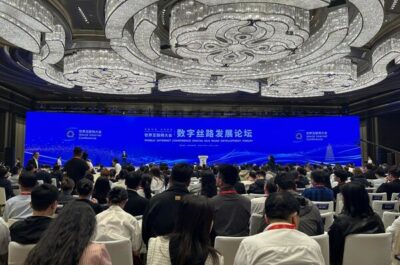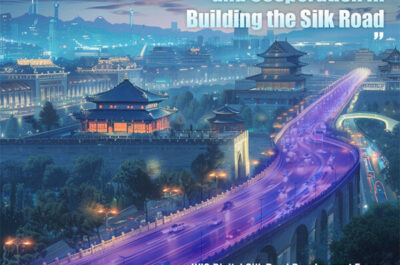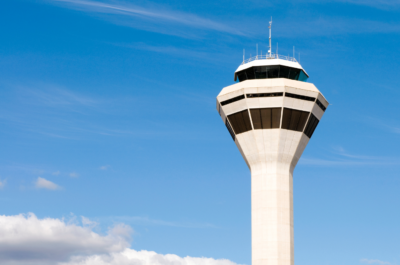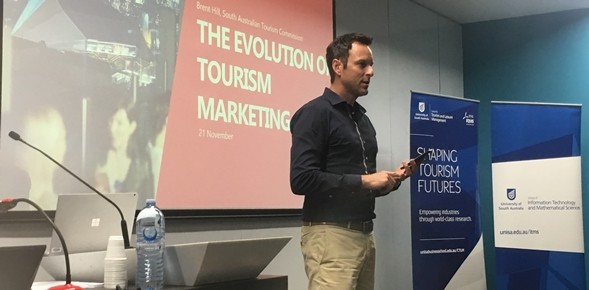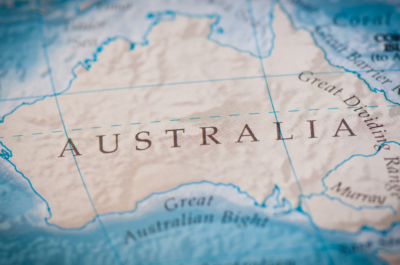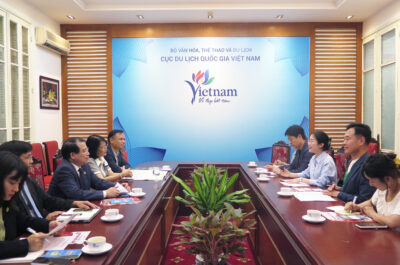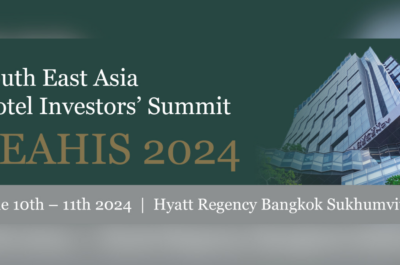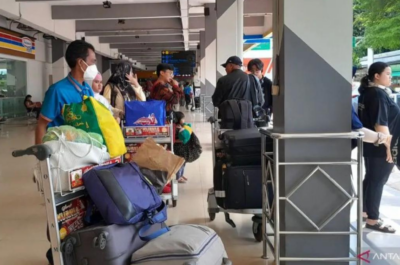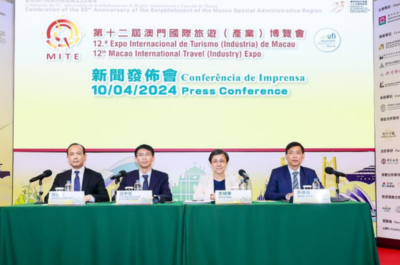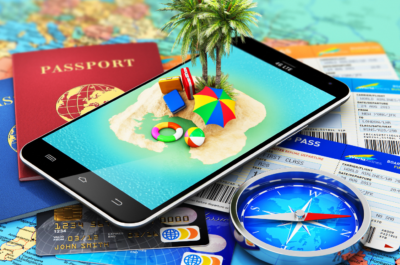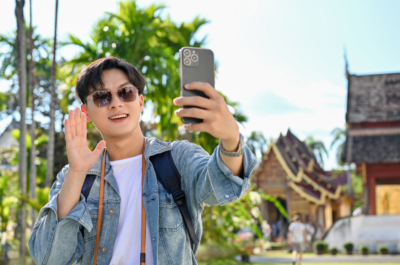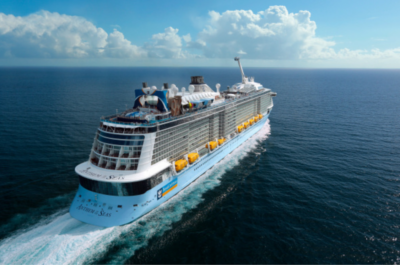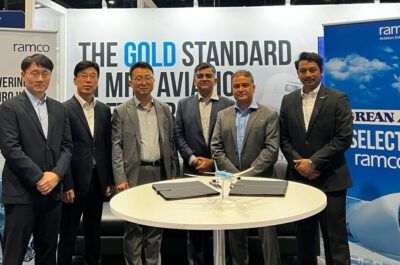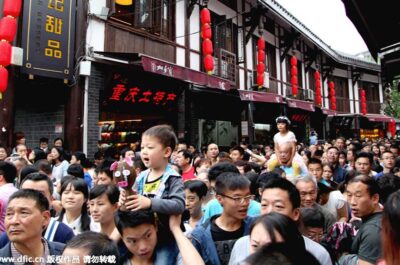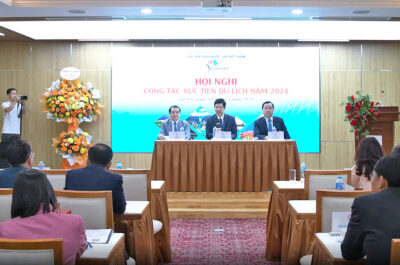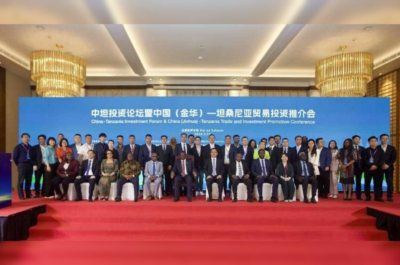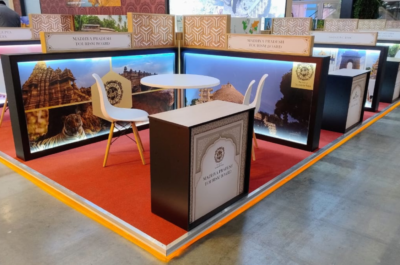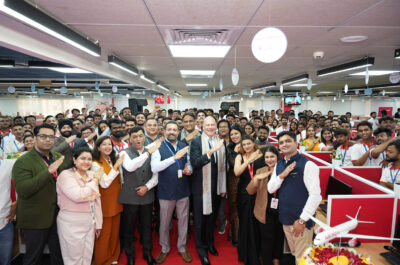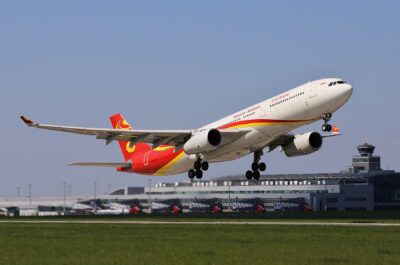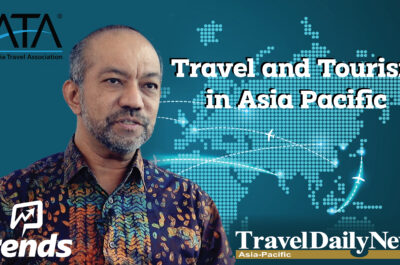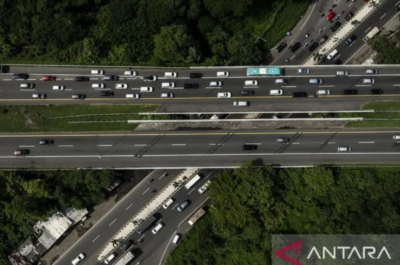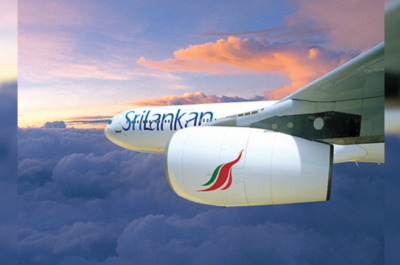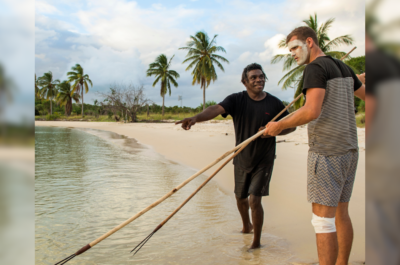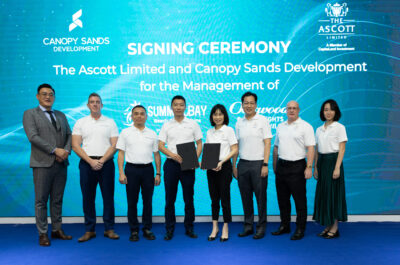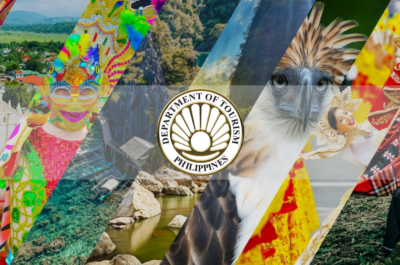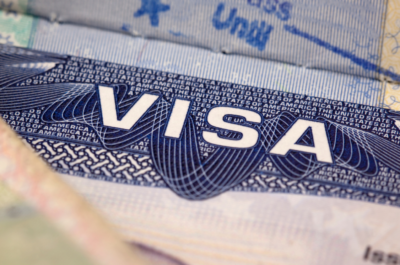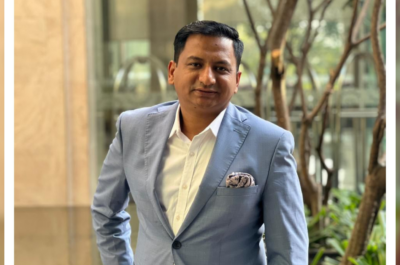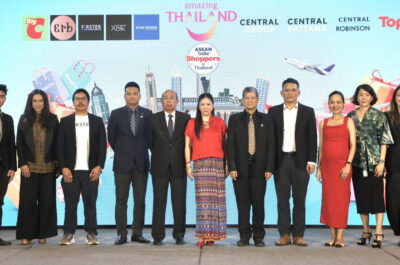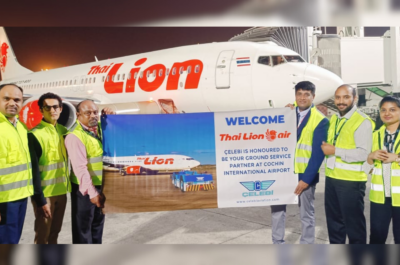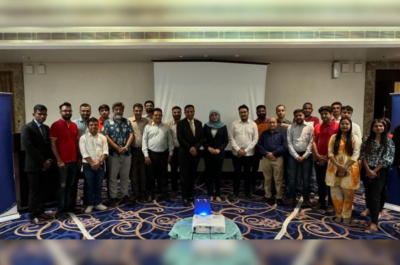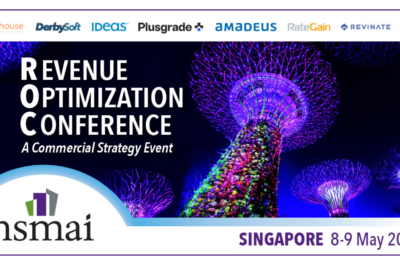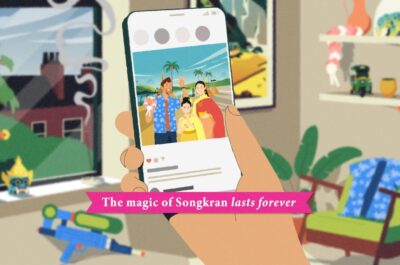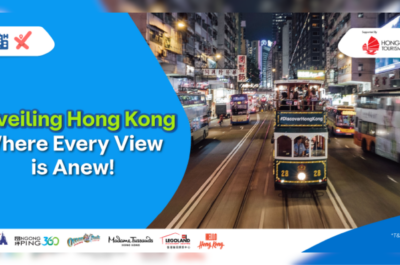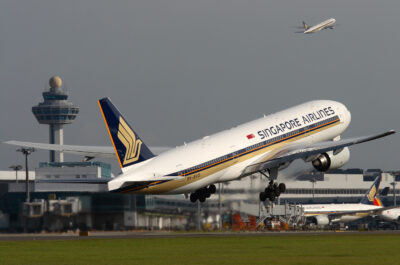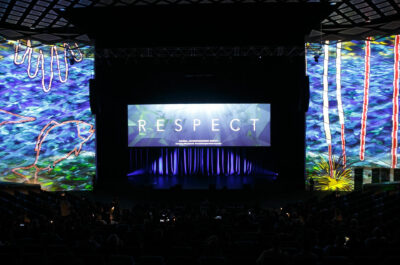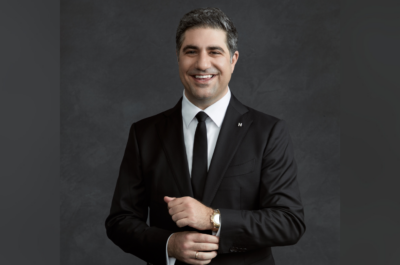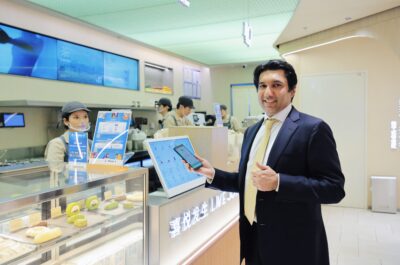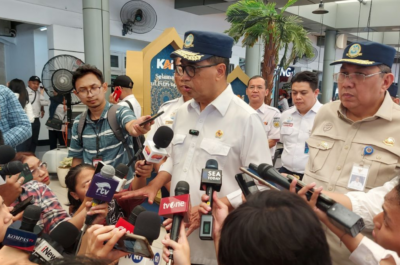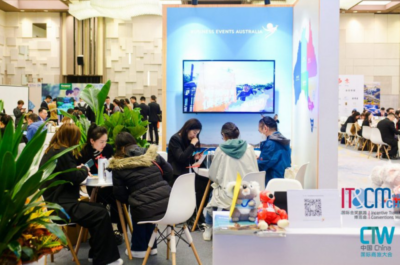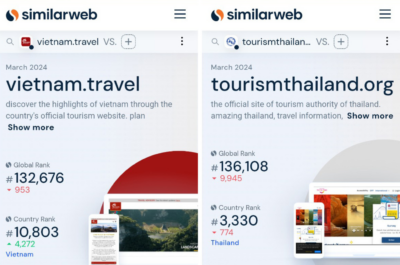The IFITT workshop on smart tourism and smart destinations featured keynote speeches, panel discussions and a hand-on interactive workshop on data analytics.
Smart tourism is not just a current buzzword. The increasing sophistication of travellers, the technology pervasiveness in tourists’ daily and leisure life as well as the increasing demand for personalised and contextualised information and services ‘on the go’ require tourism firms to provide smart services. In addition, smart destinations are now a national strategic priority in numerous countries (i.e. China, Japan, Europe and USA) as well as a survival necessity for destination facing overtourism. Smart services enable destinations to effectively manage tourism flows and numbers within their limited carrying capacity and scarce resources. Thus, smart tourism has become a synonymous to competitiveness, enhanced performance but also social and environmental sustainability. The Centre of Tourism & Leisure Management (CTLM) of the University of South Australia (UniSA) organised an IFITT Talk Workshop that has brought together professionals and researchers to discuss what it means to be a smart destination or business and how one can become smart. The IFITT workshop on smart tourism and smart destinations featured keynote speeches, panel discussions and a hand-on interactive workshop on data analytics. It was hosted and organised on the 21st of November 2017 at the University of South Australia and attracted more than 70 attendees. The workshop was co-sponsored by IFITT, the CTLM, The School of Management and the School of Information Technology and Mathematical Sciences of the University of South Australia.
The workshop started with a welcome speech from Professor Marianna Sigala (Director of the CTLM, UniSA) and Professor Brenton Dansie (Head of School, School of Information Technology and Mathematical Sciences, UniSA). Both stressed the importance of tourism in South Australia and the priority of the UniSA to support local governmental initiatives but also grassroot tourism innovation for transforming Adelaide and South Australia to a smart destination.
The first session of the IFITT Talk Workshop focused on smart destinations. In his speech “The Evolution of Tourism Marketing”, Brent Hill (Executive Director, Marketing at the South Australian Tourism Commission, SATC) provided very insightful examples showing how the SATC exploits new technologies (such as mobile apps and social media) for building and promoting the brand of South Australia to existing and new tourism markets. Development of partnerships, customer engagement online and big data analytics were claimed as key success factors for providing smart tourism services. Professor Marianna Sigala, (Director of CTLM, University of South Australia) gave a presentation on “Unravelling the smartness of smart destinations: international best practices”. In her talk, Prof Sigala highlighted that smart tourism is not a technology solution. Netware, hardware, infoware and software may enable and drive smart tourism but humanware is equally important for activating and designing smart tourism. Thus, the development of human and social capital, the motivation and support of button-up smart entrepreneurship but also strong leadership are important elements for building smart destinations. Prof Sigala also provided several examples showing how smart destinations should aim to enhance tourists’ experiences and services during their whole tourism journey (before, during and after the trip): from conceptualising and planning an itinerary, selecting points of interests, booking and paying for services, traveling within the destination and experiencing the tourism places and finally, sharing their experiences.
The second session of the IFITT Talk Workshop included two presentations that provided the latest research insights and perspectives on developing smartness in tourism. Dr Jia Tina Du (School of Information Technology and Mathematical Sciences, University of South Australia) gave a presentation highlighting the importance of information and data analytics in smart tourism. In her talk “The role of information in smart tourism”, she explained how businesses can better understand tourism demand by analysing User-Generated-Content. She also provided research findings investigating the expectations of Chinese tourists traveling in South Australia as well as the factors influencing collaborative trip decision making. Dr Timothy O’ Leary (School of Natural and Built Environments, University of South Australia) talked about “Smart City Buildings for Sustainable and Secure Tourism”. Dr O Leary gave numerous examples (from stadiums, museums, office/function space and accommodation) showing how smart buildings can enhance tourists’ experiences and safety but also environmental sustainability. Connectivity and data analytics are some of the most critical building blocks of smart buildings.
The third session of the IFITT Talk Workshop included three presentations providing industry perspectives on smart tourism services. Dr Darren Oemcke (Hydra Consulting) talked about “Beyond Social Media: Getting Advantage from Big Customer Data”. Dr Oemcke emphasised again the need to exploit big data for supporting decision making and taking smarter decisions. He gave numerous examples of how tourism firms can benefit from sentiment analysis, text mining, and location – based data in order to understand tourists’ preferences, brand development processes, tourists’ movements and itineraries within tourismspaces. Rick Carter (Director of The Blockchain Factory) explained the implications of BlockChain Technology in tourism. In his talk “BlockChain technology revolution: Why, What and Where change is coming”, he explained how BlockChain can be a useful tool for various tourism applications like contracting, exchanges, empowerment of users to control and won their own data, building personal profiles and trust. BlockChain can mean the end of intermediaries in tourism as well as the possibility of tourism firms to have access to a 360 degree view of a customer-user. Karl Sellmann (ICC – Innovation and Collaboration Centre, University of South Australia) talked about the Ignite SA project. Ignite is a non profit organisation set up in 2014 to accelerate the creation of next- generation applications that leverage advanced networking technologies to build the foundation for smart communities, including cities, regions states. US Ignite developed a program called the Smart Gigabit Communities Program. The South Australia Government joined the US Ignite Smart Gigabit Communities program late in 2016 through an MOU with US Ignite. Adelaide became official member of the program in April 2017 and then appointed the University of South Australia to be the Community and Technical Leaders tasked with identifying new opportunities that would leverage the GigCity Infrastructure and help to make Adelaide a smart city. Ignite SA was formed as a non profit entity to administer the program which aims to bring together our research, governments, developers and entrepreneurs, to firstly identify areas of economic, social and community benefit where next generation applications can help and then support the development of those applications. At the moment, Ignite SA is running an App Challenge seeking to attract and support entrepreneurs and venture teams to submit “smart” ideas that can ‘solve’ a problem in key industries in South Australia including tourism and events.
The IFITT Talk workshop finished with an interactive workshop on ‘Self-serve tourism analytics –learn how to build your own dashboard using free software’. Stuart Ainsworth (Director, Enlightening Data) conducting this workshop provided first-hand experience and practical examples on how one can use free software for doing tourism analytics from the stage of designing and carrying out an online survey and collecting data, to data entry, development of a dashboard, data analyses and visualisation and ultimately, decision-making. However, Stuart Ainsworth highlighted that the key to success in big data analytics is to start not with what data one needs to collect, but with understanding what is the business question that needs to be answered.
Participants have explicitly expressed their satisfaction with the workshop and presentations by staying until the end. Prof Marianna Sigala confirmed the continuous commitment of the CTLM (UniSA) to develop similar future events for strengthening the engagement and the support of the research centre to the tourism industry in South Australia.
Photo caption: Brent Hill, Executive Director, Marketing at the South Australian Tourism Commission, SATC
Theodore is the Co-Founder and Managing Editor of TravelDailyNews Media Network; his responsibilities include business development and planning for TravelDailyNews long-term opportunities.
